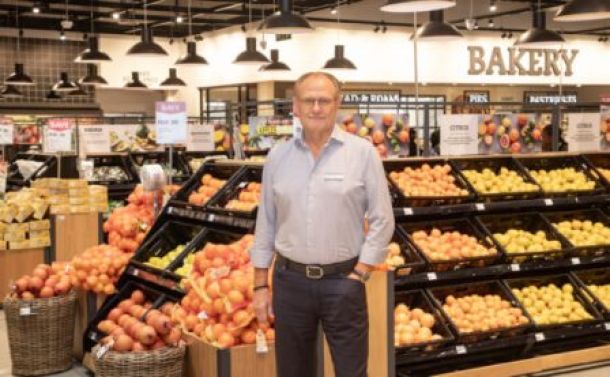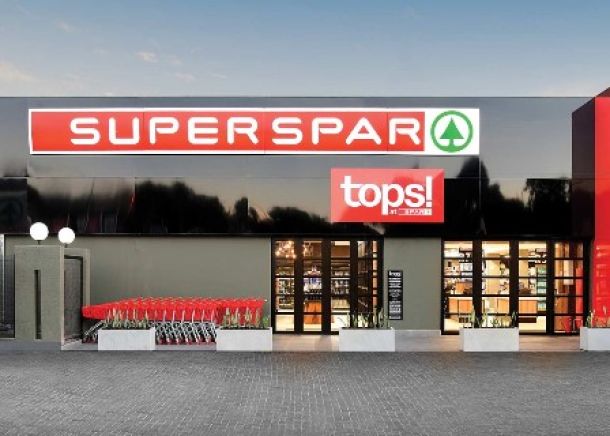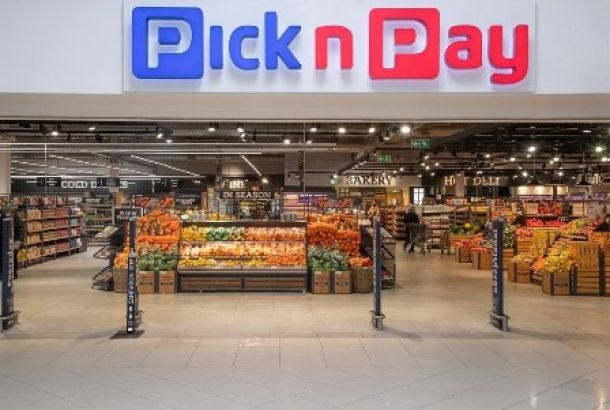Shoprite reports better sales growth in challenging conditions
Shoprite grew turnover by 11.2% and trading profit by 10.7% in the year ending June 2015. Chief executive Whitey Basson described this as a more than creditable performance in tough market conditions both in South Africa and in the other countries on the continent where the Group trades.
Turnover growth accelerated from the previous period across its 1 751(2014: 1 581) corporate stores amounting to R113.69 billion (2014: R102.20 billion) despite the Group opening fewer supermarkets than in the previous year. Trading profit increased to R6.33 billion from R5.71 billion in 2014.
“This healthy growth in turnover – at a faster rate than that of our opposition - enabled us to increase our share of the country’s food retailing market for the ninth consecutive year. Market research shows 72% of all South African adults now shop at our stores while weekly price surveys confirm we are the cheapest supermarket in South Africa. According to Nielsen our competitors combined showed sales growth of 8.6%,” Mr Basson said.
Headline earnings per share increased by 10.8% to 772.9 cents (2014: 3.3% to 697.6 cents) and the board declared a final dividend of 243 cents per ordinary share (2014: 218 cents) to bring the total dividend for the year to 386 cents (2014: 350 cents).
Mr Basson said it was important to note that the growth in turnover did not come at the expense of profitability. “We achieved the 10.7% growth in trading profit through diligent cost control in all areas of the business and enhancing our end-to-end supply chain. As a result, we could maintain our trading margin at almost 5.6% which remains world-class.
“We are very proud that our ongoing growth is a key and consistent employment generator. During the past financial year we created jobs for 9 842 more people, bringing our total staff complement at the end of June 2015 to almost 133 000. About 115 000 of our staff are employed in South Africa and close to 18 000 outside its borders. In the past six years we have created a total of almost 49 000 additional jobs. Staff productivity also continues to increase and in the past year grew by 5.1%.”
Mr Basson said as in the case of so many other countries, South Africa faced numerous challenges during the reporting period, compounded by slowing demand for commodities on world markets. Sluggish economic growth and the consequent high level of unemployment put great pressure on the disposable income of all consumers but in particular on that of lower-income consumers.
“Trading conditions in some of the countries in which we operate in Africa also offered considerable challenges during the year, although we have no doubt the economies of countries such as Nigeria and Angola have the resilience to bounce back.
According to the IMF, of the 14 countries in which we trade beyond our borders, 13 have higher GDP growth than South Africa, in some instances substantially higher, with the DRC growing at 9.2% and Zambia at 6.7%. For this reason we will not be slowing but accelerating our investment in the rest of Africa by opening 35 new supermarkets in the new financial year.”
He said all the divisions in the Group reported solid growth during the year while showing admirable initiative and discipline in coping with the challenges in the market. “We have maintained our growth and in some areas flourished because we have structured the business to manage our environment better than most.”
Its core business, the South African supermarket division which contributes 83% to total trading profit, increased sales by 10.5% to R84.95 billion and at a faster pace than the prior year despite opening fewer stores. Increased efficiencies in the supply chain had enabled the three brands – Shoprite, Checkers and Usave - to reduce internal food inflation to 4.6%, from 4.7% in the previous year and well below the official food inflation figure of 6.8%.
The Group’s 189 supermarkets outside South Africa, 23 of them new, grew turnover by 13.5% in rand terms and by 15.5% in constant currencies in an environment of lower oil revenues and the weakening of certain African currencies against the rand.
The Group’s furniture division increased sales by 13% in a stressed durables market with the strongest performance again coming from the dominant OK Furniture chain. The division opened a net 103 new outlets, most of them towards the end of the reporting period. It now operates a total of 471 stores.
Much work was done during the year to revitalise the franchise division’s OK brand among its 360 franchisees as well as in the wider market. It will in time replace the various franchise brands currently still in use. The division raised turnover by 15.8% from 4.7% the previous year.
Key information
· Turnover increased 11.2% – from R102.20 billion to R113.69 billion.
· Trading profit was up 10.7% to R6.33 billion.
· Headline earnings per share rose 10.8% to 772.9 cents (2014: 697.6 cents).
· Nearly 10 000 new jobs created during the year.
· A net 170 new corporate stores opened.
News Category
- International retailers
- On the move
- Awards and achievements
- Legislation
- Wine and liquor
- Africa
- Going green
- Supplier news
- Research tools
- Retailer trading results
- Supply chain
- Innovation and technology
- Economic factors
- Crime and security
- Store Openings
- Marketing and Promotions
- Social Responsibility
- Brand Press Office
Related Articles

Pick n Pay plunges 16% on JSE as stock adjusts ...

SPAR suffering from a hangover

Pain for Pick n Pay

Pick n Pay disaster


